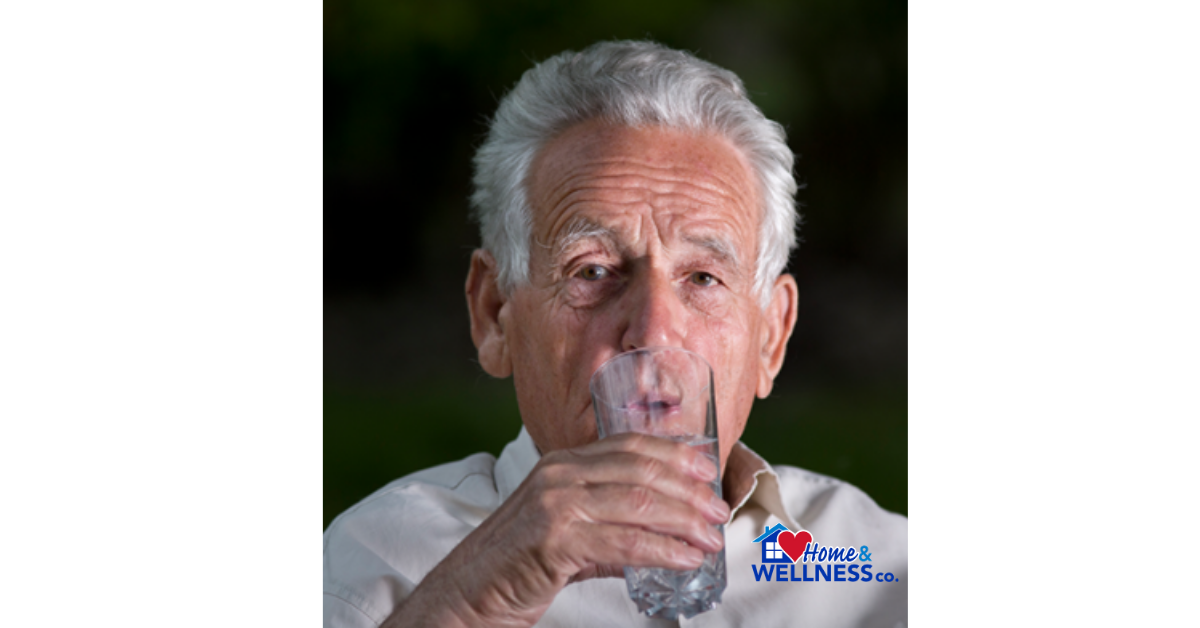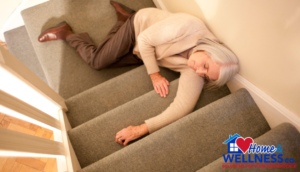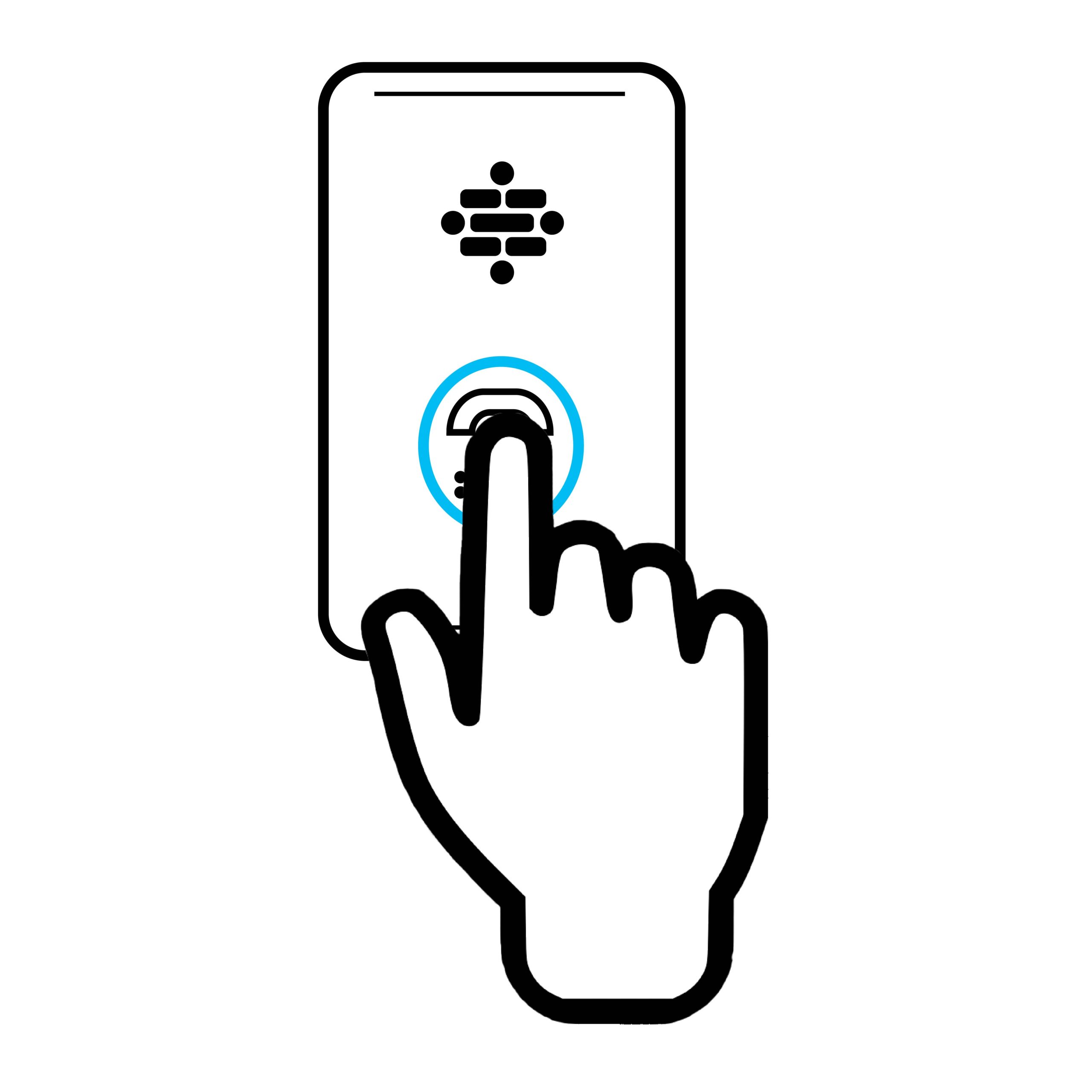Proper hydration is a serious challenge for many senior citizens. The danger of dehydration, especially during the winter, can negatively impact daily lives. Staying hydrated helps with bowel regularity, mood, energy levels, and brain function. Drinking fluids is one of the most important activities an elderly senior citizen can do to take care of themselves.
Common Causes of Dehydration in Seniors
Usually, dehydration is the result of low water intake. However, older citizens can experience dehydration due to blood loss, diabetes, diarrhea, and sweating, just to name a few. In turn, dehydration can also result in many illnesses such as heat stroke, kidney infection, Urinary Tract Infection, seizures, and low blood volume.
Here are the five (5) best ways for seniors to avoid dehydration:
1. Increase Water Intake through Food
Most vegetables and fruits are great sources for hydration. Increasing intake of fruits and vegetables is an indirect method, but is effective to increase the day-to-day hydration in seniors. For example, by incorporating berries, cucumber, melon, leafy greens, apples, celery, and tomatoes into the diet, liquid and even vitamin intake increases drastically, which are both helpful! Similarly, broth and soup are also great options to prevent dehydration, but beware of sodium levels in those types of items as salt can quickly dehydrate.
2. Create Digital Reminders
Setting digital timer reminders throughout the day can greatly increase the intake of water. This helps to ensure the elderly senior is aware that it’s time to drink an appropriate amount of water at certain times of the day. Regular alerts on a smartphone or any type of timer can serve as reminders when drinking is often forgotten.
3. Use Flavoring
There are many types of flavoring that can be added to water with just a small squirt or addition of a tiny powder packet. Many of these don’t have caffeine or added sugar. They often contain vitamins and antioxidants that are helpful in daily nutritional intake. As a result, seniors will feel more encouraged to drink water because it tastes good
4. Regular Reminders and Verbal Prompts
Seniors in general, but especially those who suffer with dementia experience memory loss and forgetfulness to drink fluids. Therefore, regularly reminding them about drinking water throughout the day is very effective, especially when there is someone there to make sure they always have a full cup or
bottle of water readily available. Try using a straw, as that can make drinking easier and unnecessary to pick up the cup or bottle.
5. Review Medication
Often, seniors take a lot of different types of medications for various illnesses. Some are long term, some are short term, but serious side effects can occur with dehydration being one of the main side effects in the elderly. As with any medication or supplement, it is always recommended to increase water intake, but that’s often difficult for someone who already has a hard time drinking water. Therefore, review the medication of your senior and consult with the primary physician and pharmacist to adjust the meditation doses to decrease the risk of dehydration, if possible.
Final Thoughts
Senior citizens already have increased health risks due to aging and living conditions. They often have reduced sensation of thirst that makes it harder for them to remember to drink fluids regularly. Their kidneys do not conserve water in the same way a younger person does. Therefore, they face a high risk of dehydration that may even require hospitalization and IV fluids. Caregivers and loved ones should do their best to ensure liquid intake is regular, and enough is consumed in order to stay hydrated.






